This article was featured in the Des Moines Register Opinion section on April 2, 2024.
When it comes to helping wildlife and protecting the environment, small changes have a big impact. That’s the message Iowa Wildlife Federation Executive Director Ryan Smith wants Iowans to hear.
“Select native plants. Build a pollinator garden. Put it along the fence line so if you use lawn chemicals, they don’t drain into the groundwater,” Smith said.
The IWF, an affiliate of the National Wildlife Federation, has been inspiring Iowans to protect wildlife and their habitat since 1952. Smith became the executive director in January of 2023.
Smith recently built a house on his family’s farmland between Altoona and Mitchellville. He grew up in the Victorian farmhouse nearby and graduated from Southeast Polk. His interest in preserving wildlife grew naturally from his time on the farm, bugging ranger Mike Sibley at Thomas Mitchell Park, family camping trips and stories told by his grandfather, Neal Smith.
Smith invites eastern Polk County residents to check out the new iawildlife.orgwebsite where they can join the IWF for free and learn about the steps to turn their outdoor space into a Certified Wildlife Habitat by providing food, water, cover and places to raise young, and sustainable practices such as natural pest control, replacing turf with native grasses and planting flower beds that conserve water.
Smith has planted native grass at his own home. He has harvested some of the farm’s walnut trees in order to plant other native shrubs and trees to benefit more species.
“A few minor adjustments make a huge difference,” Smith said. “And there’s a cost savings with less need to water.”
The IWF is reaching out to businesses for sponsorships through the Iowa Business Alliance and sponsors School of the Wild, one of three programs of UI Wild at the University of Iowa College of Education. Smith said it’s important for youngsters to see how they fit into the natural world. School of Wild works with Iowa schools to develop curriculum incorporating basic skills in the natural world.
IWF’s multi-faceted approach to wildlife conservation made signing up for the free membership a no-brainer for me. After 50 years, Jim and I are still learning how to improve sustainable practices at our home. As acres of rooftops replace acres of crops in eastern Polk County, I believe IWF can show the way to a sustainable community. What helps wildlife, helps humans. When nature thrives, we all thrive.
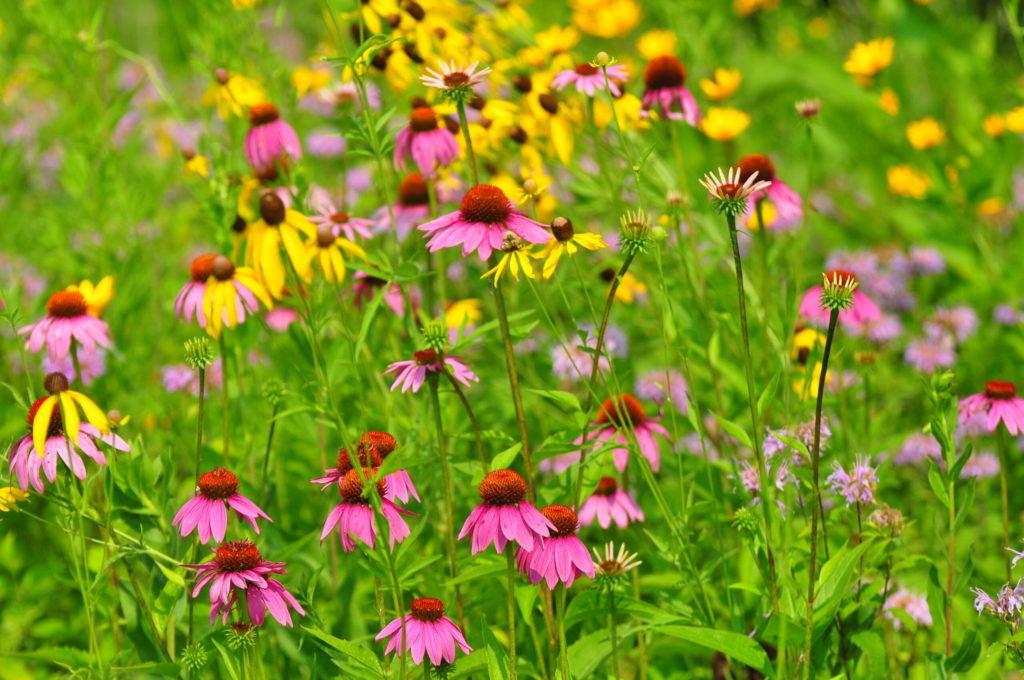

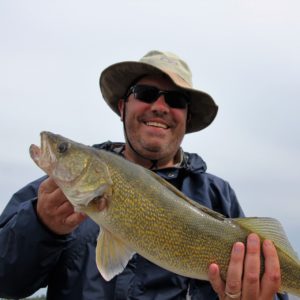 Tom Cope
Tom Cope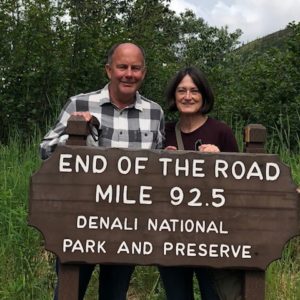 Sue Wilkinson
Sue Wilkinson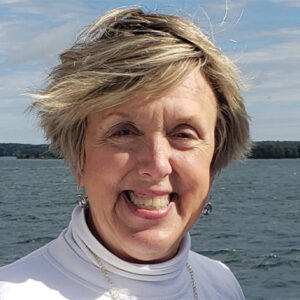 Susan Judkins Josten
Susan Judkins Josten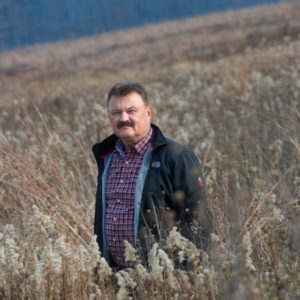 Rudi Roeslein
Rudi Roeslein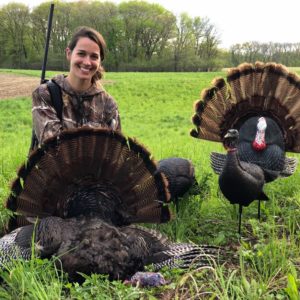 Elyssa McFarland
Elyssa McFarland Mark Langgin
Mark Langgin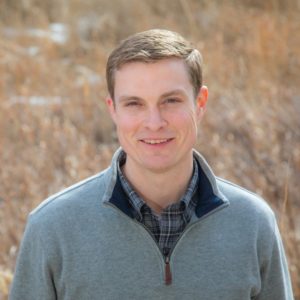 Adam Janke
Adam Janke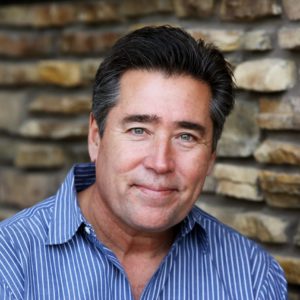 Joe Henry
Joe Henry Kristin Ashenbrenner
Kristin Ashenbrenner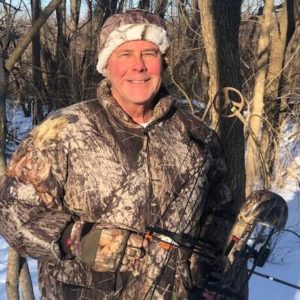 Joe Wilkinson
Joe Wilkinson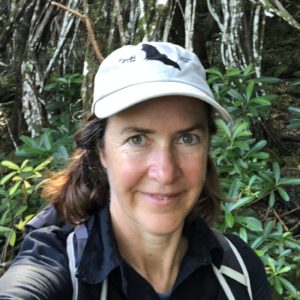 Dr. Tammy Mildenstein
Dr. Tammy Mildenstein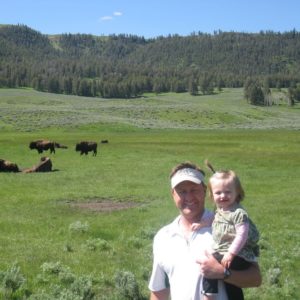 Sean McMahon
Sean McMahon